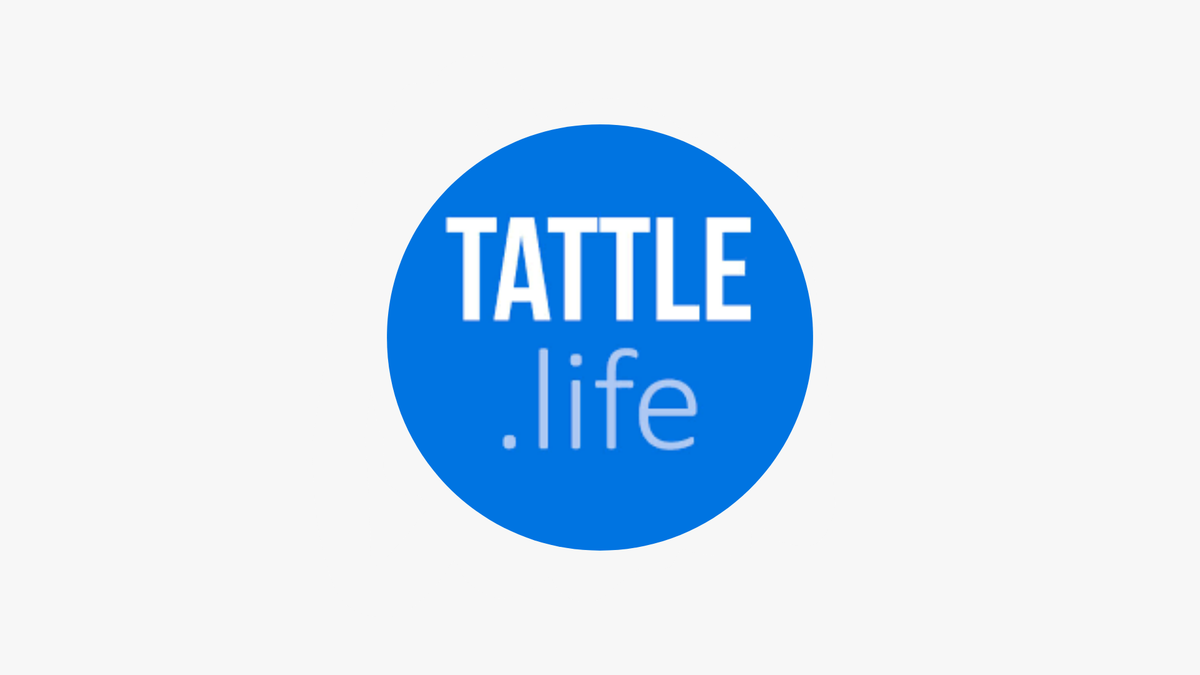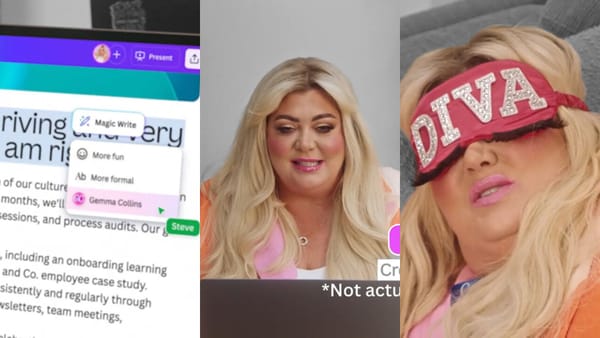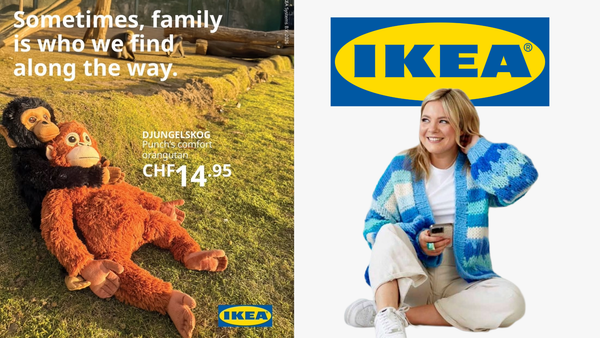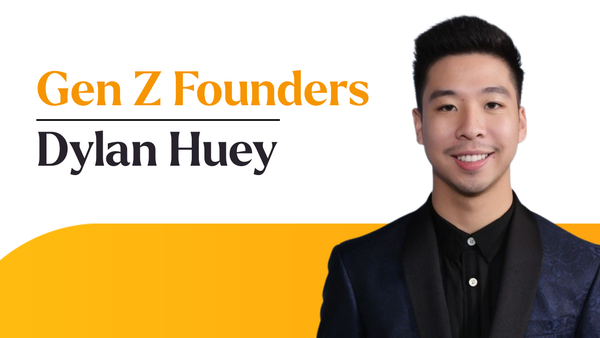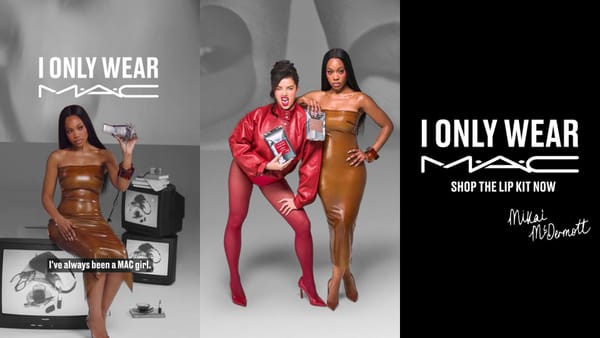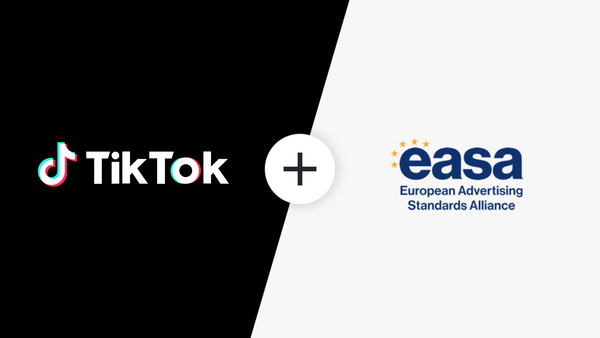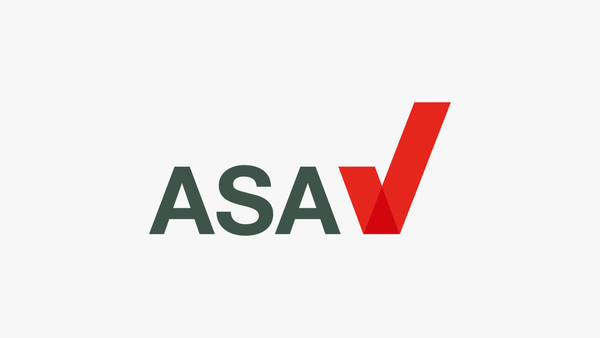In a dramatic turn for influencer culture, one of the UK’s most notorious online gossip forums has been unmasked, and the repercussions could redefine how influencers protect their reputations online.
Tattle Life, a site best known for anonymously critiquing influencers, celebrities and content creators, has come under intense legal and public scrutiny after a landmark defamation case revealed its mysterious operator. The scandal has shaken the influencer ecosystem, but also empowered creators to take back control.
This week, it was revealed that Sebastian Bond, 43, was behind the website. Bond is also a former vegan wellness influencer who built a community rooted in public wellness and positivity.
The Centre for Countering Digital Hate estimated that Tattle Life was earning up to £180,000 a year from Google Ads.
The case so far
Bond was unmasked after a £300,000 defamation and harassment judgment awarded to Neil and Donna Sands, a Northern Irish couple who were subjected to years of abuse on the site.
After hiring private investigators and pursuing Norwich Pharmacal orders to reveal the identities of anonymous posters, the couple won what has been described as one of Northern Ireland’s most significant civil judgments, with legal costs expected to exceed £2 million.
The fallout from the Tattle Life case sends a clear message: the era of untouchable anonymous trolling is coming to an end.
Victims have spoken out
"People shouldn't be able to hide behind a keyboard," Katie Price, who had endured years of hate on Tattle Life, told the BBC. "It's absolutely horrendous, the stuff that's posted about me on the website," she says. "The abuse is unmanageable, especially when they involve my family."
The Sands couple also described the page as a “hate site,” and even Jeremy Clarkson’s daughter revealed that the harassment she received drove her to therapy.
Influencer Carly Rowena told the BBC she was relentlessly trolled after her son got admitted to the hospital.
"People were saying it was all my fault," she explained.
Rowena also added that the website had doxxed her and her parents’ addresses.
How can creators protect themselves?
If you’re a content creator, brand manager, or talent agent, now is the time to act.
Melanie Kentish, Founder of Dopamine Studios, described the website as a space of “cruelty.”
“There’s a perception that if you put yourself online, you should somehow accept anonymous abuse as part of the job — but that’s simply not acceptable. The rise of platforms like Tattle has normalised a culture of cruelty. It’s created a space where targeted harassment is masked as ‘accountability’ — often disproportionately aimed at women.”
She also noted that the lawsuit feels like a “real turning point.”
“It signals to creators that they are not powerless — and to the wider industry that we need to take online safety far more seriously.”
Kentish also warned creators, specifically female-identifying ones, to get receipts of any harassment online.
“We advise our talent to screenshot, report, and block — but beyond that, I think it’s time for platforms and publishers to stop turning a blind eye to what’s happening in these forums and take some real accountability for the hate they host.”
As Neil Sands said after the ruling: “The internet is not an anonymous place.” In this new landscape, silence is no longer the price of visibility.


